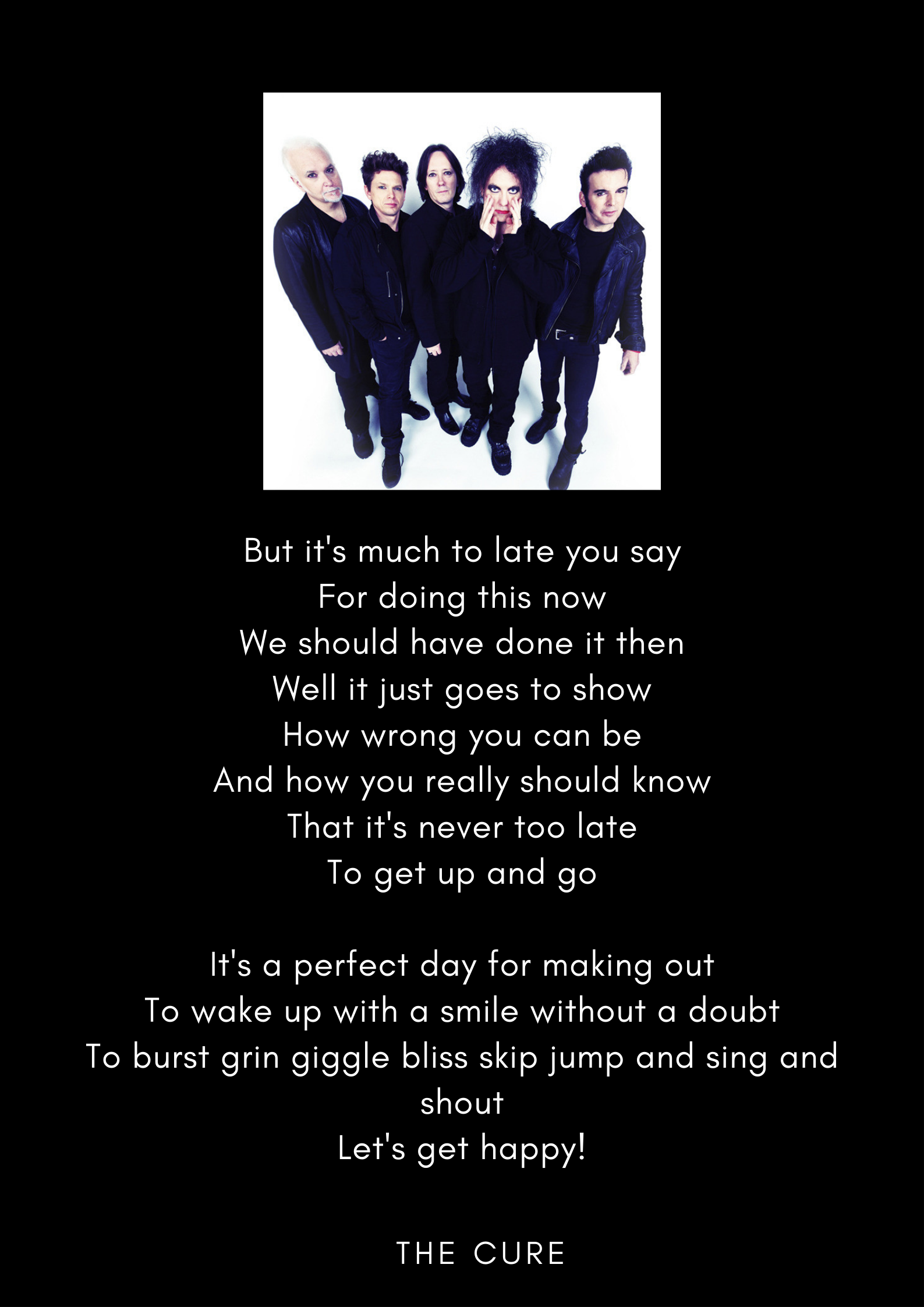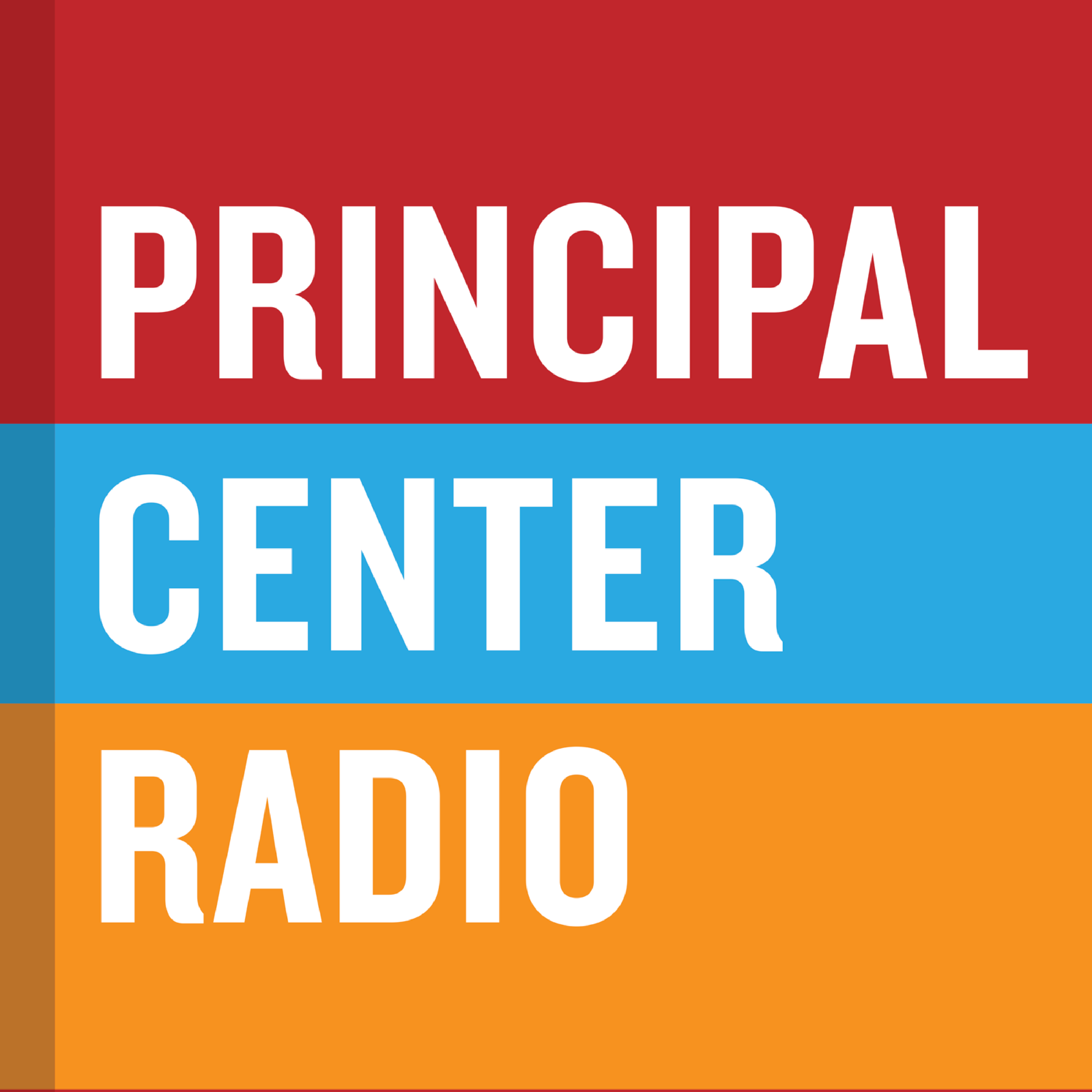
.
“The world is changed by your example, not your opinion.”
Paulo Coelho author
There’s truth and power in those words. As an aspirational 40 Hour Principal how you do your job has an impact on others. And from the 40 Hour Project perspective, the others I’m talking about are your colleagues.
When you are brand new in your role, your internal picture of how it should be done will largely be based on what you’re seen other leaders do. You probably haven’t taken any actual notes, but you will most definitely have made sub-conscious observations. It’s what humans do.
So, the impact of other leaders is very real and yet it is random chance as to who you have had the pleasure of working with leading up to your new position – you may have seen genius in action or . . . not. But regardless, the time you arrive onsite, the clothes you wear, the number of meetings you organise, call back days, expectations for emailing – pretty much all the how of doing your new job is made up by you.
. . .
Easier to challenge the status quo if others are doing it
A real-life example of this happened recently. I’d hurt something playing sport a couple of weekends earlier and despite my best efforts to ignore it, the situation wasn’t getting any better. Reluctantly I accepted that a physio appointment needed to happen and rang to organise one. The helpful receptionist asked what times suited and I said something before 8am or after 4pm would be great. There was a pause at the other end of the phone as she checked and then informed me that nothing was available at those times for nearly a month. She then volunteered that there was a gap at 11am on Thursday. After a quick look at the diary, I accepted.
The appointment took about 15 minutes and as I came back through their reception area I saw another local principal waiting. We were both a bit surprised to see each other. I met the same principal a week later and they commented how it was great to see me there as they had been feeling just a tiny bit uneasy making the appointment inside the school day (whatever and whenever that is!). Their choice was the same as mine though – wait for weeks or get the issue sorted.
If people see someone doing something it is instantly possible
I remember my grandmother telling me that when she was little, they had a bath once per week. She said it was amazing when friends who had travelled to another country came home and said the people there had a bath every day! What!?
. . .
How many of you would do your job better/more effectively/more sustainably if you worked off-site one day every week? Imagine the benefits – distraction free, focused, no wasted travel time, different environment = fresh thinking, etc. Many leaders in other fields do this regularly.
But, does the mere thought sound slightly crazy? I bet you can quickly come up with a long list of “what ifs”. I certainly did when I first heard about this. Just thinking about it stretched my mental model of school leadership.
Yet the fact is, some principals already successfully do this. They have the full support of their Boards and are convinced it makes them more effective (and more sustainable). It becomes possible (mentally) because others are doing it.
Critical Mass – starts a cycle
The more people that do something, the easier it is for others to do the same thing. It’s basic human behaviour to do what others do most of the time. This is a great mindset if what they are doing is healthy/good/useful. But what say it’s 1950 and you haven’t smoked a cigarette yet?
When most principals prioritise a particular action, all principals will find it easier to do the same thing – for good or for bad. It’s about building a ‘critical mass’.
A current example is that post pandemic (is it post yet?), it is universally ‘ok’ for leaders to talk about wellness, to organise PLD for their teams on this topic, to add helpful snippets to school newsletters. Even the Ministry mentions it in their sector comms.
If we roll back even 5 years, PLD was almost never about wellness. With the push of a pandemic, what was considered a fringe, slightly strange choice of focus is now almost a norm. The point of critical mass has passed and what was once very rare is now mainstream.
I haven’t seen a cigarette smoked in a staffroom for a long time but I have met people who do an exercise class every Wednesday at 7.30am.
. . .
Many (most?) schools have limited applications for the principal’s role when it comes up. Many advertise several times hoping to find that perfect candidate, and yet, in those very schools are people who have the potential to be amazing in the role but who choose not to put their hand up.
Some of this is our responsibility.
Potential leaders in our schools observe what we do, how we talk, how we look after a tough week. They weigh up the evidence sub-consciously and make choices about whether to take on the challenge or not. They base their understanding of the job based on how we do it – role modelling. This is both a huge responsibility and a huge opportunity for better.
I once met a principal who quite openly said they had the best job in their school. Not only did they make a positive difference to many people every day, but they had the freedom to do the job without hovering near exhaustion on the daily. They saw no reason to be considered the hardest working person onsite every day just because someone else thought they should be.
It’s 15 years since I worked with that person and they are still successfully leading a large school in a complex setting. I’ll bet they have inspired many future and current leaders – how we do the job matters.
Dave



















 “Do not judge me by my success, judge me by how many times I fell down and got back up again”
“Do not judge me by my success, judge me by how many times I fell down and got back up again”